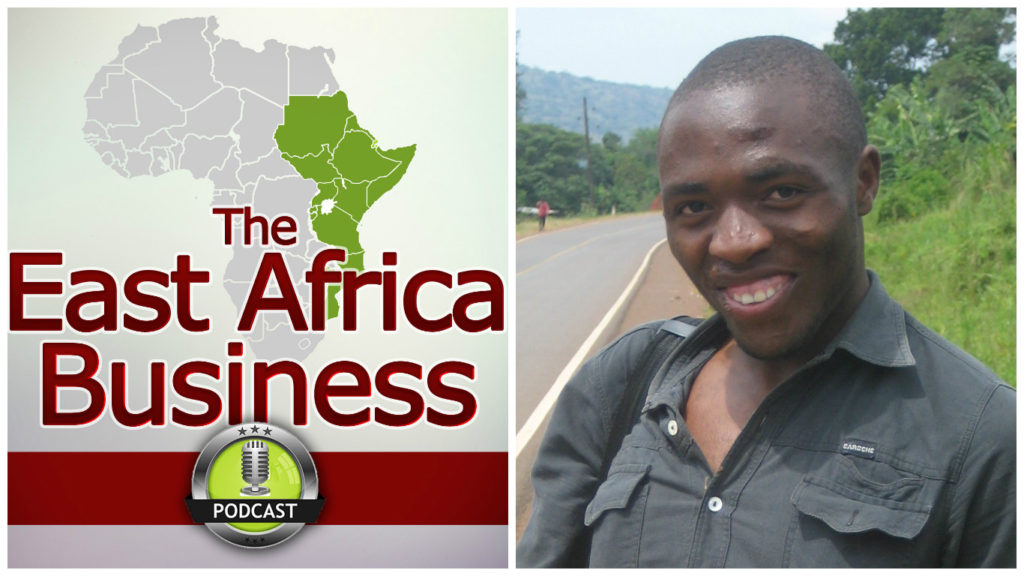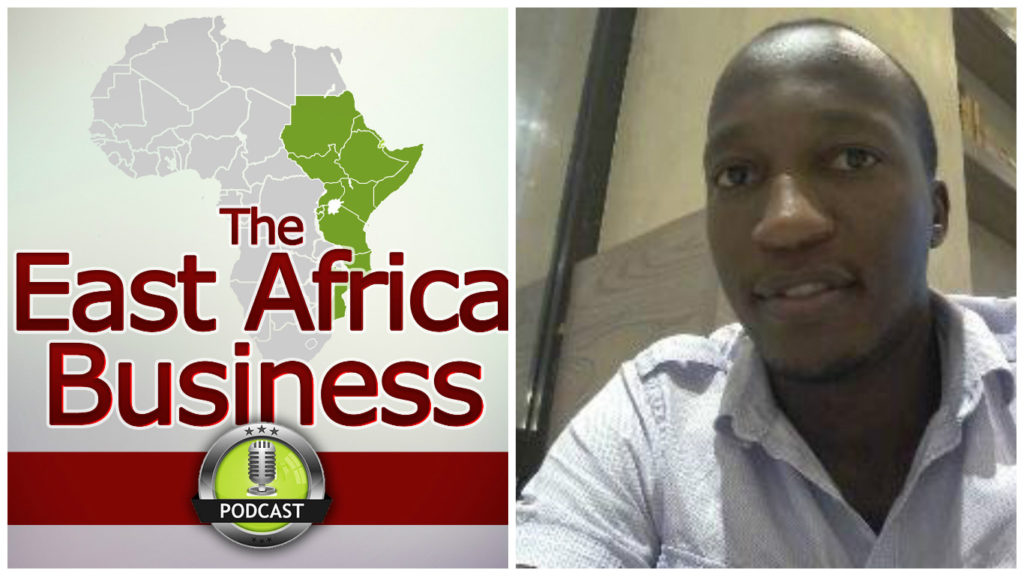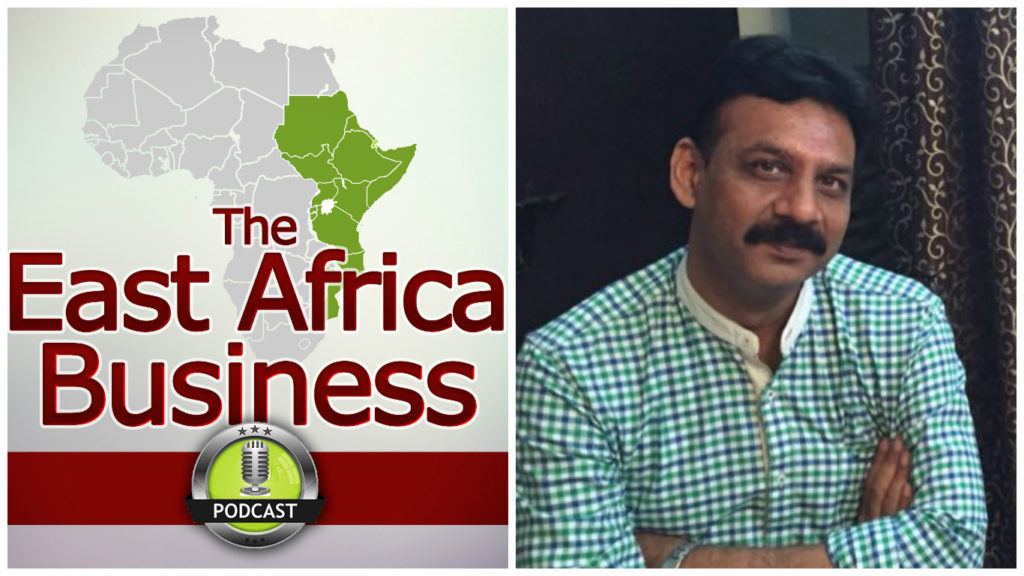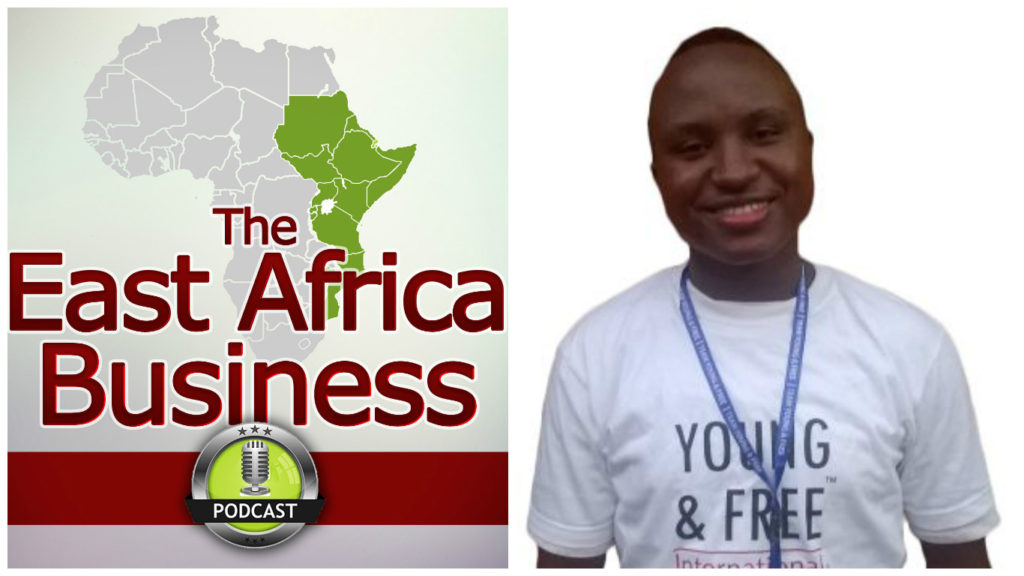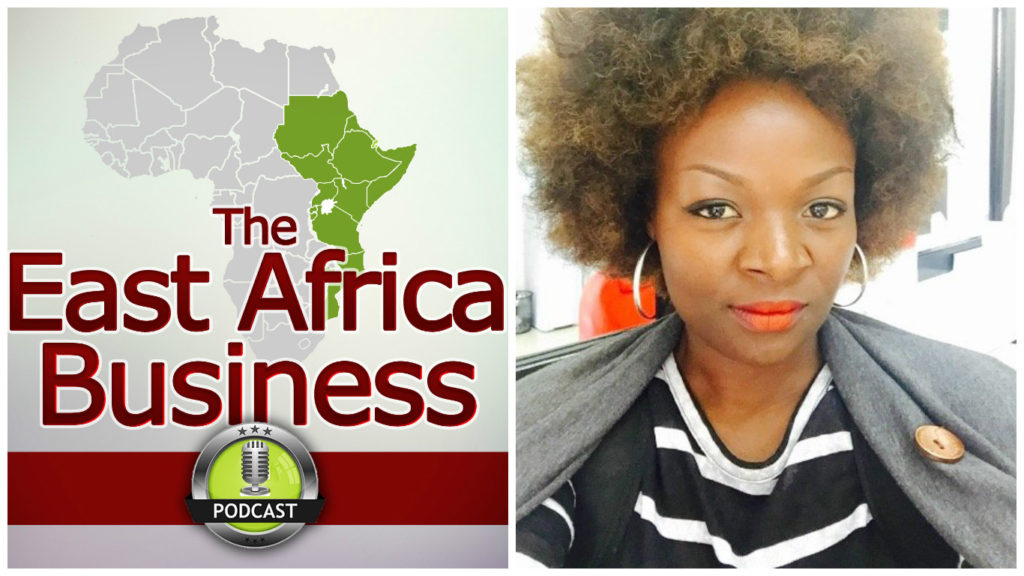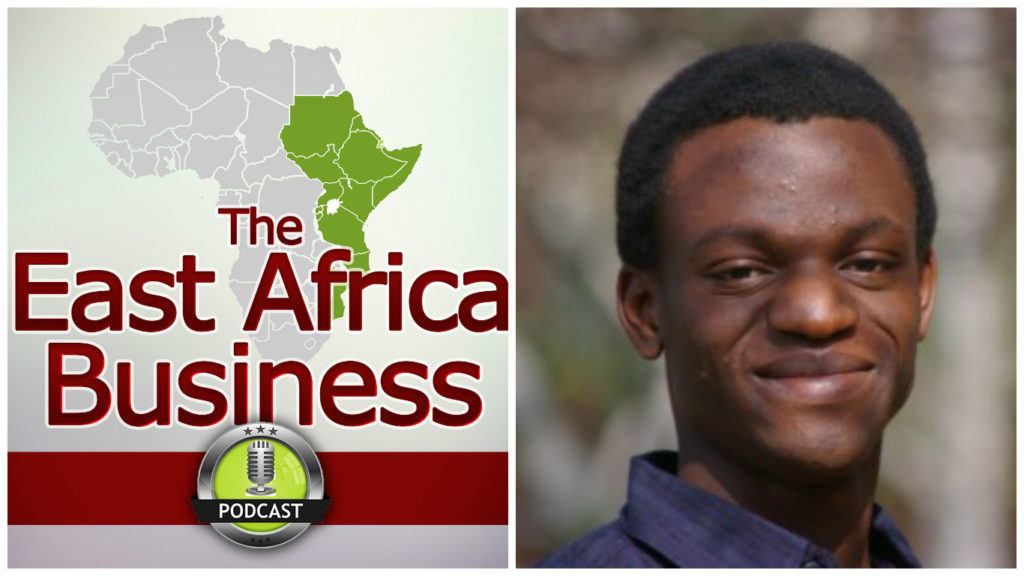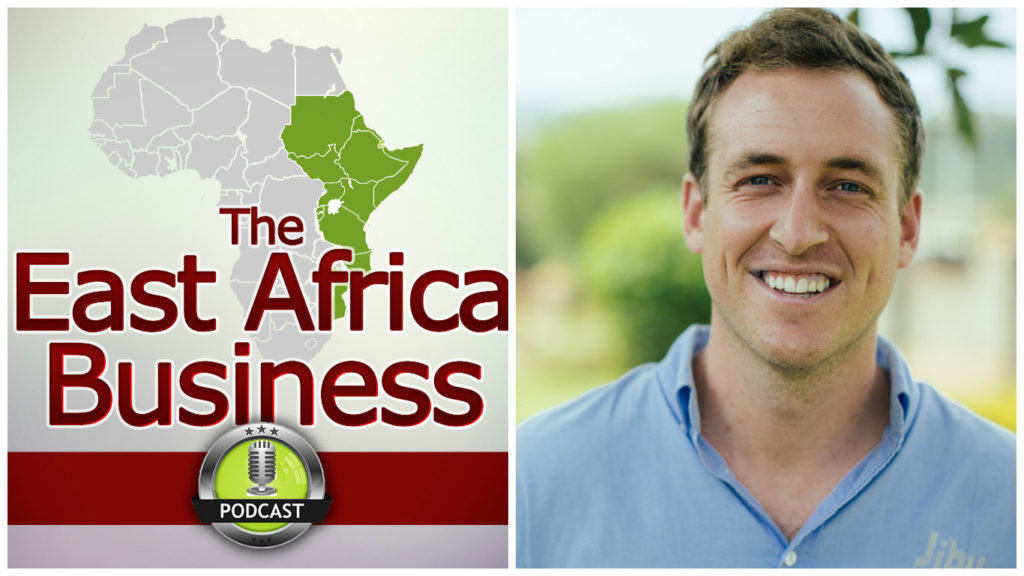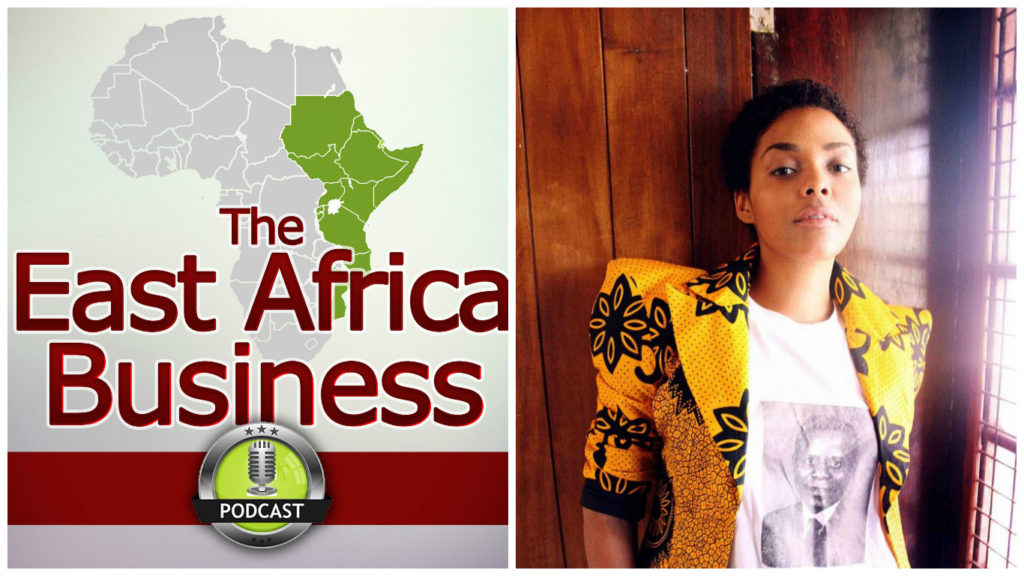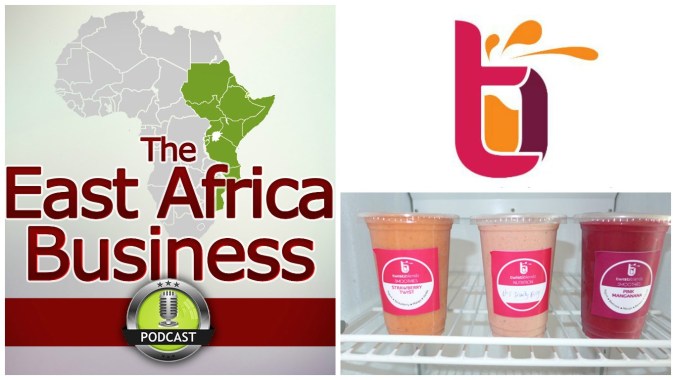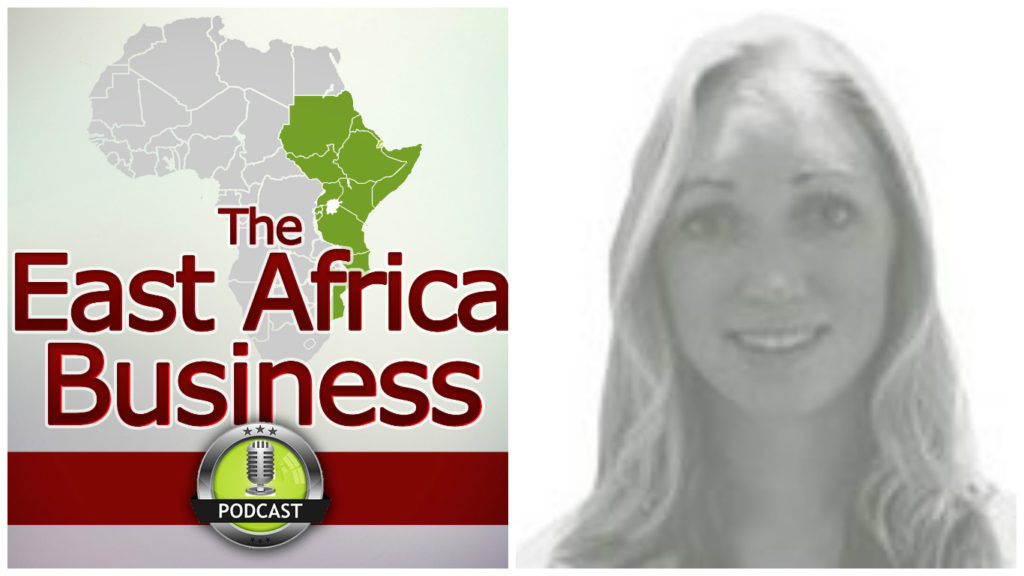Overview
Cooking is an everyday activity that most people engage in.
In places where you don’t have gas, charcoal is often used to fire up a stove.
Whilst people have been doing this for years, it is not very environmentally friendly, and it generates smoke in often confined areas of a home.
Green Bioenergy is a social enterprise all about creating a clean cooking environment.
Their two products are an improved cooking stove and smokeless charcoal briquettes.
Ziwa and I discuss how they sell briquettes through rural agents, how they keep the complete supply chain produced in Uganda, and the prospects for taking this approach internationally.
We conducted the interview in the garden of the Green Bioenergy office/ house and so there might be the odd bird tweeting in the background.
Either way, I hope this doesn’t distract you from the interesting chat that we have.
Sign up below to hear whenever there are new stories and episodes released on the podcast
Here are the key quotes:
“It was founded in 2011 by two French expats”
The foundations were around finding environmentally friendly solutions.
“Green Bioenergy (GBE) is inclusive”
All of it is around involving the local Ugandan community in the complete supply chain.
“Our two products are charcoal briquettes and improved cookstoves”
The cookstoves have 40% less emissions. They are durable and help people save money by using it.
“Cleanliness comes too”
It’s not just financial savings. By using the cookstove and briquettes, they are smoke free and so users get health benefits in cooking in a clean environment.
“Briquettes are made from recyclable waste”
They are produced through a carbonisation process which removes carbon, and therefore smoke becomes absent when it’s burnt.
“Everything is done locally”
Stoves and machines are produced locally as is the whole value chain.
“People take time to adapt to briquettes”
We need to undertake internal activities and work with the government to help promote the benefits of using the charcoal briquette product. People have used charcoal for a long time, and so it takes time to change their mind.
“… but once they start, they don’t stop”
It’s healthy, harm free and people have been using it for years.
“We sell through agents”
They’re like community ambassadors. They are entrepreneurs who go to villages and sell via a micro-enterprise. They find GBE through conferences they attend.
“The agents cover 50 households”
There shouldn’t be any reason why customers who talk with an agent should not start using the briquettes.
“This can exist internationally”
The requirements are getting the machinery and passing on the training. Our founders worked with local engineers and academic research.
“Our roles a social enterprise to create employment”
We currently have 70 people and when we look at the mandate for expansion, adding more jobs is critical.
“The biggest surprise has been externally”
Such as trying to understand why people would not use a briquette. The other factors include whether policy will support the business.
“Biomass is the biggest resource for the next 20 years”
People will still be using these cookstoves for many years, even with developents in gas and electricity over time.
“GBE wants to grow beyond Uganda”
They can grow to other countries which are very keen to use this in their communities around the world.
“There’s no fundamental reason why it can’t be done elsewhere”
So long as there are banana skins, it should be possible to do this process. And if it’s not straightforward, then the R&D team are always developing ways to do this.
Links etc.
Green Bioenergy
Products: Briketi and Cookstoves
Website: www.greenbioenergy.org
Facebook: Green Bioenergy/ Briketi
Email: [email protected]
Phone: (+256)0393-514-710
Pictures from the interview

Green Bioenergy Charcoal Briketi

Green Bioenergy Cookstove
